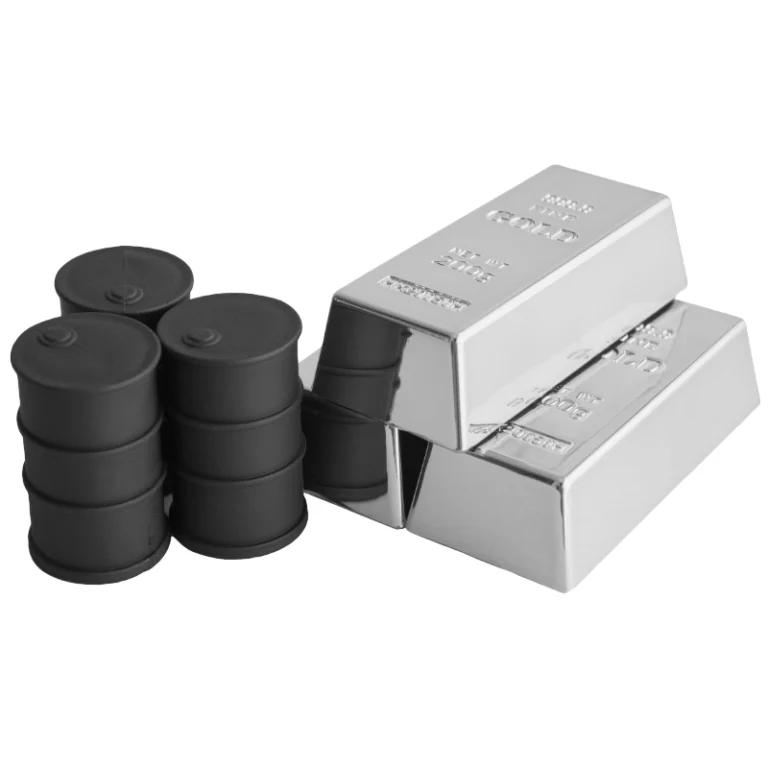Schedule a Free Call
Tell us more about your project




At SynHedge, our ultimate goal is to provide you with exceptional service at a fair price, so that you can move forward with confidence and speed.









Financial companies choose SynHedge for our expertise in navigating the complex and ever-evolving regulatory landscape. We provide actionable, tailored solutions that ensure compliance, enhance operational efficiency, and drive sustainable growth. Our hands-on, results-oriented approach empowers businesses to stay ahead in a dynamic market while minimizing risks.
Tell us more about your project
Tailored action plan with transparent pricing
Select a plan and let's us manage the process
Ongoing support whenever needed
Copyright © SynHedge LLC - 2026

Copyright © SynHedge LLC - 2026
